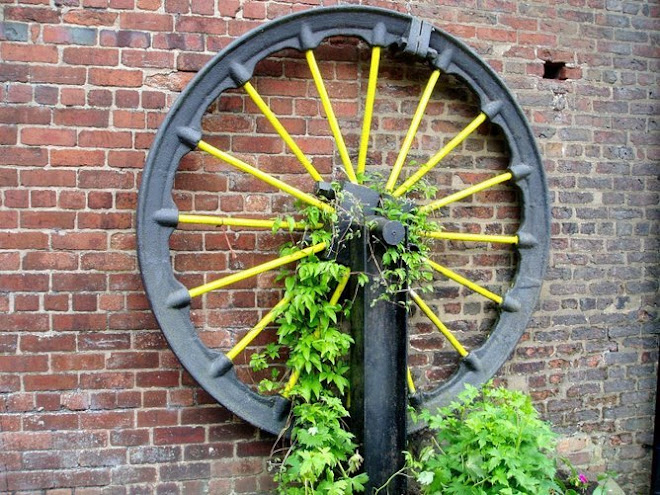RIPA – A Brief History
Britain has an intrusive culture of state snooping which has attracted much negative attention internationally. But the Regulation of Investigatory Powers Act (RIPA) is a particularly unpleasant feature of it. As The New York Times put it,3
It has become commonplace to call Britain a “surveillance society,” a place where security cameras lurk at every corner, giant databases keep track of intimate personal details and the government has extraordinary powers to intrude into citizens’ lives. …
Under the [RIPA] law, the localities and agencies can film people with hidden cameras, trawl through communication traffic data like phone calls and Web site visits and enlist undercover “agents” to pose, for example, as teenagers who want to buy alcohol.
RIPA4 was introduced by the Labour Government in 2000; the Act was intended to make provision for and about
the interception of communications, the acquisition and disclosure of data relating to communications, the carrying out of surveillance, the use of covert human intelligence sources and the acquisition of the means by which electronic data protected by encryption or passwords may be decrypted or accessed;
to provide for Commissioners and a tribunal with functions and jurisdiction in relation to those matters,
to entries on and interferences with property or with wireless telegraphy
and to the carrying out of their functions by the Security Service, the Secret Intelligence Service and the Government Communications Headquarters; and for connected purposes.
On reading this, most people would imagine that these serious powers – to spy on people, without notice – were meant for law enforcement use against terrorists and crime kingpins. One might also presume, wrongly, that these powers are meant to be used sparingly in serious cases, rather than by council officials on members of the public, not convicted of any offence, in relation to trifling allegations. The “connected purposes” clause hinted at above has been extended in the legislation to include almost any alleged infraction.
The powers are “self-authorising” for Councils – that is to say that no external authority (such as a warrant from a court, or approval from a police officer) is required before they are used; the approval of one council official is enough to permit another council official to spy on a member of the public, potentially for months.
As their use has grown, these powers have been widely criticised. In November 2009, the House of Lords was told that non-law enforcement bodies (including Councils) were using their spying powers 200 times a week.
As a result, then-Home Secretary Alan Johnson announced that he would curb the ability of local authorities to use RIPA; he had apparently come to the view that junior council officials shouldn’t have the authority to order surveillance operations, including secret filming and eavesdropping, for (in his words) "trivial reasons", such as catching people putting out their rubbish on the wrong day or letting their dogs foul the street.
Key findings
- 372 local authorities in Great Britain have conducted RIPA surveillance operations in 8,575 cases in the past two years. This means that Councils alone have carried out over eleven surveillance operations every day in this country over the past two years
- Newcastle-upon-Tyne is the worst local authority in the country for RIPA investigations, having spied on their residents 231 times in two years
- Authorities have used covert surveillance to spy on their own employees – because they thought they were lying about their car parking (Darlington), work times (Exeter), sick pay (Hambleton, Hammersmith and Fulham) – or to spy on the wardens they employ to spot crime (Liverpool)
- Over a dozen authorities have used RIPA to spy on dog owners to see whose animals were responsible for dog fouling
- Five authorities have used their powers to spy on people suspected of breaking the smoking ban
- Suffolk County Council used RIPA powers to make a “test purchase” – of a puppy
- Bromley Council spied on a charity shop to see people “fly tipping” donations at their door
Big Brother and the Nanny State. Orwellian nightmares coming true.
http://www.bigbrotherwatch.org.uk/TheGrimRIPA.pdf

1 comment:
Looking at the statistics within this document - it shows Wigan Council had used RIPA during 2008 - 2009 thirty five times and thirty three times in 2009 - 2010 yet no disclosure of how many actually prosecutions there where?
Here are some of the USAGE for RIPA in Wigan 2009 -2010:
10 - Anti-Social Behaviour
3 - Benefits Fraud
4 - Unlawful Disposal of Controlled Waste
1 - Criminal Damage
2 - Sale of Fireworks to Under Age Persons
12 - Sale of Alcohol/Cigarettes to Under Age Persons
1 - Using Property to supply illegal drugs
Post a Comment